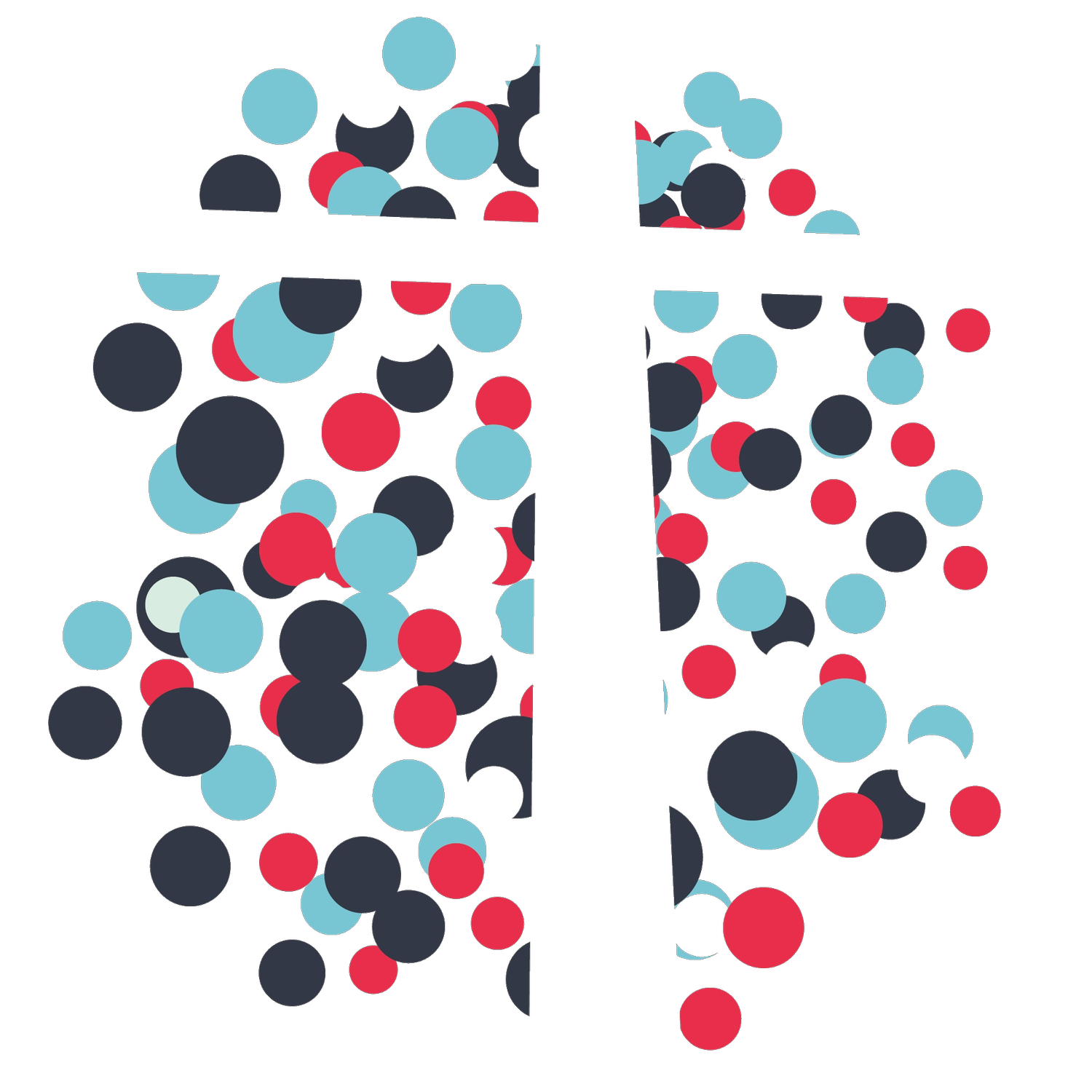Self-Will Is The Biggest Argument Against God
April 2025 | Written by Tommy Waltz
Audio of the article here:
Self-Will Is The Biggest Argument Against God
This month's article unlocks the mystery and confusion surrounding God’s will and human self-will, addressing key questions for skeptics and Christians alike. It tackles the problem of evil, human responsibility, and salvation, serving as the foundation for understanding how God accomplishes His purposes through free, voluntary self-will.
Two entities possess voluntary self-will:
1. God, the first cause. But God only has true Free-will- more later
2. Mankind, the second cause.
This distinction clarifies how human self-will and God’s sovereign decrees coexist. The phrase “two things can be true simultaneously” finds its proof here, particularly in the context of this article. The common argument against God states:
“There is too much evil in the world; therefore, a loving, all-powerful God cannot exist. If He were truly loving, He would not allow evil.”
This argument raises two issues:
1. How can evil be defined without a universal lawgiver, such as the one true God? “This question is beyond the scope of this article. For more, watch this video from our Ministry.”
2. God is sovereign, possessing the wisdom and authority to use His providence—His power and position—to fulfill His decreed purposes. Yet, humans remain culpable for the evil in the world, as God ordained it to be so. This article explores the tension between God’s decrees and human voluntary self-will.
Defining God’s Sovereignty and Providence
Many Christians use “sovereignty” and “providence” interchangeably, but distinguishing them deepens our understanding of God. This clarity transformed my perspective, and I hope it does the same for you. When discussing God, we must choose our words carefully.
God’s providence refers to His wisdom, judgment, knowledge, and discernment in planning what is best for creation. Scripture repeatedly testifies to this: “We impart a secret and hidden wisdom of God, which God decreed before the ages for our glory” -1 Corinthians 2:7. Paul speaks of the revelation of the Messiah, foretold in the Old Testament and decreed by God before time began.
God’s sovereignty refers to His supreme authority and power to execute His plans. “I make known the end from the beginning, from ancient times, what is still to come. I say, ‘My purpose will stand, and I will do all that I please.'” – Isaiah 46:10
Nonbelievers might argue that if God planned everything, humans have no role. This is not true. God grants humans the privilege of obedience and the consequence of disobedience, without violating their self-will. Note that I use “self-will,” not “free will”—more on this shortly.
Biblical Example: The Fall
Consider God’s command in Genesis:
“Of the tree of the knowledge of good and evil you shall not eat, for in the day that you eat of it you shall surely die” -Genesis 2:1. God, as the first cause, issued this command.
Now observe humanity’s response:
“So when the woman saw that the tree was good for food, and that it was a delight to the eyes, and that the tree was to be desired to make one wise, she took of its fruit and ate, and she also gave some to her husband who was with her, and he ate” (Genesis 3:6).
Here, Adam, representing humanity, exercised his self-will as the second cause, bringing God’s curse upon himself.
Key Question: Who Is Responsible for the Fall?
Was God responsible for the fall? Yes. Was Adam responsible for disobeying God’s law? Yes. How can both be true? God decreed the fall, but humans are accountable for their voluntary disobedience.
This may seem unacceptable to some, fueling skepticism about Christianity. Consider an analogy: Do we blame a police officer for enforcing traffic laws when someone is caught speeding? No—the blame rests solely on the lawbreaker. This principle applies to city ordinances, federal regulations, and state laws.
Similarly, human will is not entirely free; it is restrained by God’s decrees. Just as we are subject to earthly laws, we also operate under God’s sovereign purposes. Human self-will is voluntary but not autonomous, as it is influenced by God.
God’s Plan and Human Responsibility
Though not a perfect analogy, the legal illustration helps us grapple with a challenging truth: God condemns humans for disobedience, yet He ordained the fall before creation. God’s plan, conceived before humanity existed, unfolds exactly as He intended. While God is the primary cause, He includes humans as secondary causes within His plan.
We must trust God’s wisdom and power above all. To resist this truth is to fight a losing battle against God. Scripture warns: “Our God is in the heavens; he does all that he pleases” -Psalm 115:3.
Application for Believers and Nonbelievers
For those in Christ, rest in God’s providence while taking obedience to His commands seriously. For those who are not saved, let God’s kindness lead you to repentance and faith. Repentance acknowledges that God is right and you are wrong for breaking His commandments. Faith trusts that Christ’s work on the cross is sufficient to save you from judgment.
Rest in this truth: “In him we have obtained an inheritance, having been predestined according to the purpose of him who works all things according to the counsel of his will” -Ephesians 1:11.
Next month, we will explore one more category of God’s will - His contingent will - before I start summarizing in articles in July and August. Until next month, go out and share the Gospel to see a life transformed.
Application Points
1. If God decreed the fall, yet humans are responsible for sin, how would you explain this to an unbeliever?
2. How does the doctrine of first and second causes deepen your understanding of God’s providence and sovereignty?
3. Can you explain God’s providence in your own words?
4. Can you explain God’s sovereignty in your own words?

